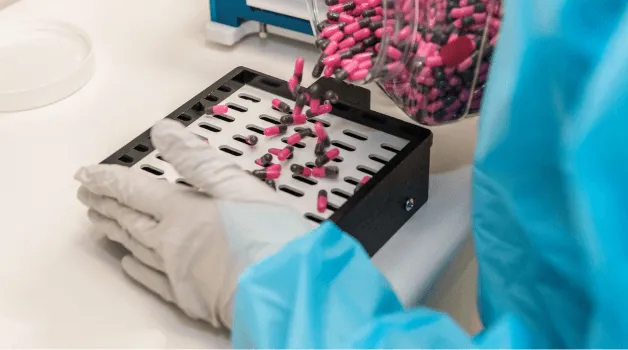Bioidentical Hormone Replacement Therapy (BHRT) has gained significant popularity in recent years as an alternative approach to conventional hormone therapy. Advocates argue that BHRT offers a more natural and effective means of addressing hormonal imbalances, particularly in aging populations. However, the growing interest in BHRT has raised critical safety questions, particularly about compounding practices. When making decisions about safety with BHRT and compounding, it’s essential to make considerations for healthcare providers and patients alike.
BHRT involves using hormones that are chemically identical to those produced by the human body. These hormones are typically derived from plant sources and are marketed as a more “natural” alternative to synthetic hormones. Compounding, on the other hand, refers to the customized preparation of medications by pharmacists to meet individual patient needs. While compounding can provide tailored hormone formulations, it also introduces potential risks that must be carefully managed to ensure patient safety. Read More >





